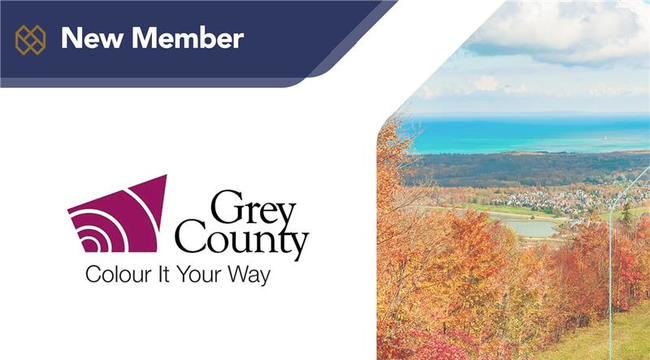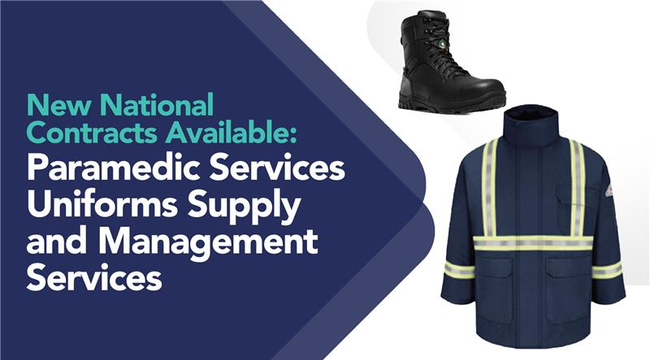HealthPRO Canada News
Celebrating #NationalNursingWeek with HealthPRO’s own Lisa DeAngelis
 A Registered Nurse for nearly seven years, Lisa DeAngelis serves as a Clinical Advisor (Anesthesia/Respiratory and Diagnostic Imaging/Interventional Radiology) at HealthPRO.
A Registered Nurse for nearly seven years, Lisa DeAngelis serves as a Clinical Advisor (Anesthesia/Respiratory and Diagnostic Imaging/Interventional Radiology) at HealthPRO. In her role, she supports the contract processes, including helping establish clinical criteria, evaluating proposals, and determining whether products can be utilized on a national level.
Maintaining a vital connection to the bedside, Lisa is also a frontline clinician at Canada’s largest trauma centre, Sunnybrook Health Sciences in Toronto, where she has been triaging patients during the COVID-19 pandemic.
Q: What inspired you to become a nurse?
A: I’ve always wanted to help people and nursing is the perfect field to do just that. Also, the diversity of nursing allows you to expand your knowledge and continuously learn various areas regarding patient care. It really is my passion.
Q: Being on the frontlines right now is undoubtedly very different from even six months ago. What has been the most rewarding part of your time spent on the front lines during the COVID-19 pandemic?
A: Aside from the obvious of helping patients through COVID-19, it has been really motivating to see all the support from the community. Being on the frontlines during this pandemic can feel very isolating but every evening at 7:30, you have community supporters making noise as a symbol of their appreciation, or you have Canada Post and Toronto Police Services driving by Sunnybrook in a parade. This motivates us and lifts our spirits. It’s been wonderful to see the support.
Q: Has there been a particular patient story that has stood out for you in your experience on the frontlines of the pandemic?
A: For me what stands out is how we’re connecting patients with their families since visiting restrictions have come into place. We utilize tablets and smartphones so patients can virtually connect with their loved ones. We live in a day and age where we are fortunate to have the technology to help bring some positivity to otherwise dire circumstances.
Q: Has there been anything that has surprised you during this time?
A: The resiliency of the frontline healthcare workers is what has really surprised me. Seeing everyone come together during this time and help one another, and smile and laugh together is very uplifting. COVID-19 is new for all of us and to be part of a great, positive team is so encouraging.
Q: Nursing roles are ever evolving; what is one thing readers might be surprised to learn is part of your role as a nurse?
A: I think people inherently understand the clinical side but maybe don’t realize that we are also a shoulder to cry on and very much act as a support system.
Particularly during this pandemic, we’ve become part of a larger support group for patients due to the visitor restrictions. We understand the risk when managing potential or confirmed COVID-19 patients, but we also understand they are alone, and we are there for them during the unknown.
Q: Is it difficult to find moments of gratitude during a pandemic?
A: Honestly, I’m so grateful for the steadfast support from the people in the community who are taking extra precautions to stay apart, wearing masks and practicing proper hand hygiene. It’s tough for everyone but these are some of the strongest examples of global solidarity I’ve ever seen.
Q: As many nursing students across the country contemplate their next move, what advice would you give them?
A: Nursing is a rewarding career path. There are a lot of great people and you will learn something new every day. One important thing I would recommend to nursing students is to find something they are passionate about outside of work. Whether getting involved in a community organization, having a great support group, or anything else that will establish a positive work life balance, as nursing can be both mentally and emotionally draining.
Q: Please finish this sentence: I am a nurse because…
A: I’m able to bring together my creative and compassionate side along with my understanding of disease pathology and treatment to make a real difference for people when they are at their most vulnerable - it’s the ability to utilize all my skills to empower those patients.


